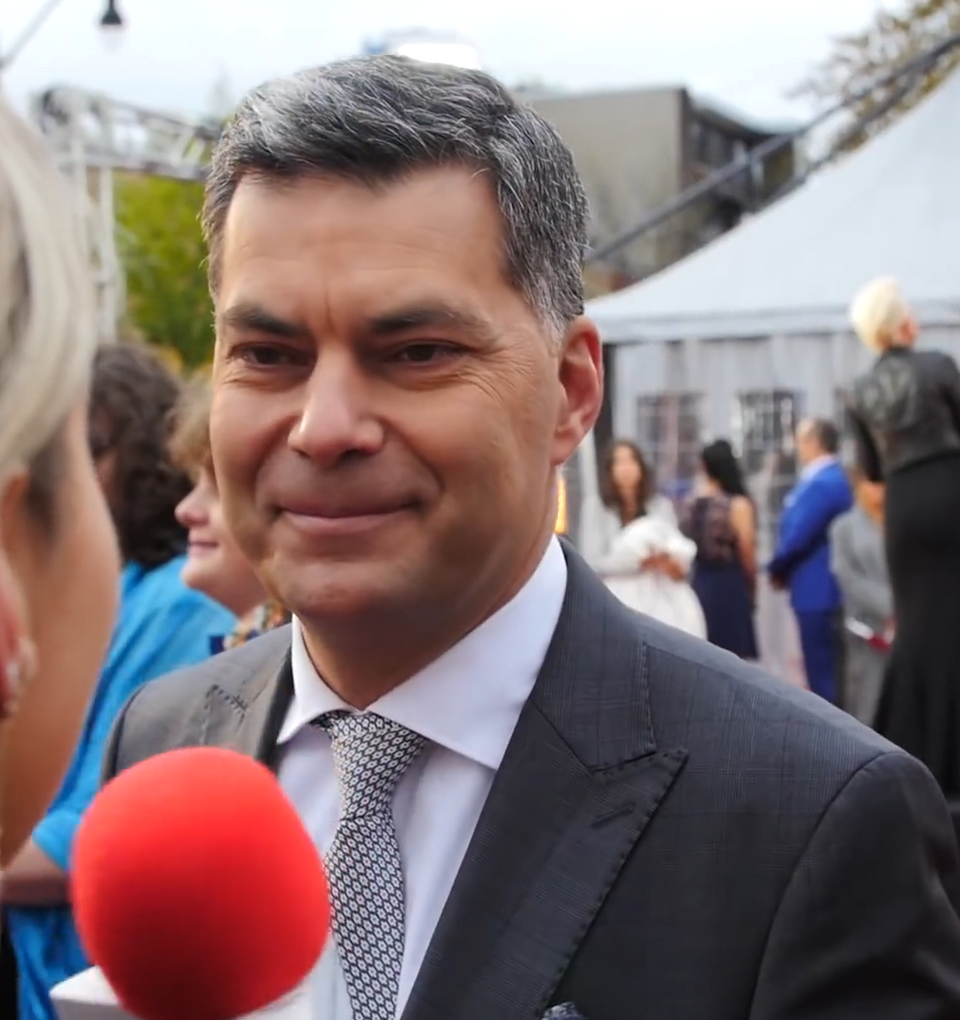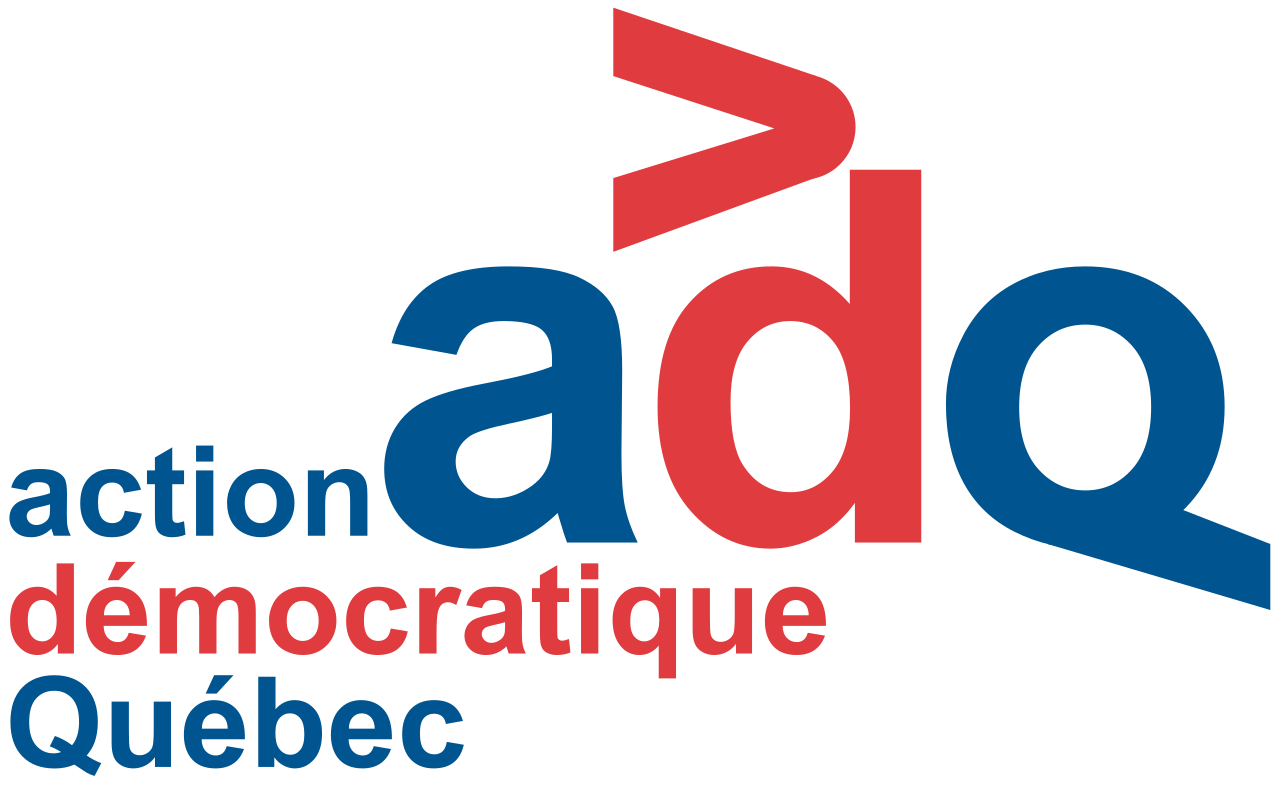Jean Allaire, politician, lawyer, activist (born 1930). Jean Allaire is the author of the report A Québec free to choose: report of the Constitutional Committee of the Québec Liberal Party. (See Allaire Report.) Together with Mario Dumont, he also founded the Action démocratique du Québec party in 1994. He was the party’s first leader. Its aim was to bring together federalists and sovereigntists (see Sovereignty-Association), as well as to put an end to several years of bipartisanship between the Parti Québécois and the Quebec Liberal Party.
Education
From his early years at Collège André-Grasset, Jean Allaire showed a passion for law and politics. He graduated from the college in 1951. From 1951 to 1954, he studied law at the Université de Montréal, which laid the foundations for his career.
Legal Career
Soon after obtaining his law degree, Jean Allaire embarked on a successful career as a lawyer. His strong advocacy skills and his passion for justice quickly made him a respected figure in the Quebec bar. His legal expertise proved crucial in a number of public cases, contributing to his good reputation.
Engagement politique
Jean Allaire is a politicized man. He has been a member of the Quebec Liberal Party (QLP) since the 1950s.
He started to become publicly involved in politics with the repatriation of the Canadian constitution in 1982. Despite opposition from Quebec, then led by René Lévesque, the necessary changes to the 1867 constitution were approved by the other provinces. In some respects, they directly affected Quebec’s historic rights and advantages.
In 1985, Robert Bourassa‘s QLP came to power. One of the party’s priorities was to move away from the political and constitutional status quo. The QLP attempted to make the 1982 Constitutional Act acceptable to Quebec, to be in a better position to distribute powers and set institutional reform in motion.
In May 1986, the Quebec government informed the rest of Canada of the amendments required to the 1982 Constitution Act for Quebec to agree with it:
- Formal recognition of Quebec as a distinct society
- Increased provincial powers over immigration (see Quebec Immigration Policy)
- Limitation of federal spending power
- Recovery of the power of veto by Quebec
- Quebec’s participation in the process of appointed judges to the Supreme Court of Canada
It was with this position that the Quebec government negotiated with the rest of Canada to conclude the Meech Lake Accord in 1987. However, the Accord required the approval of all Canadian provinces and the federal government within a three-year period ending on 23 June 1990.
In February 1990, the Constitutional Committee of the QLP, lead by Jean Allaire, was created. Its mission was to define the Liberals’ constitutional position in relation to the two scenarios considered: the success or failure of the Meech Lake Accord.
Finally, Manitoba (see Elijah Harper) and Newfoundland failed to ratify the constitutional agreement before the deadline, which put an end to Quebec’s possible inclusion in the Canadian constitution.
Allaire Report
In January 1991, Jean Allaire and the Constitutional Committee of the Quebec Liberal Party (QLP) published the report A Québec free to choose: report of the Constitutional Committee of the Québec Liberal Party, commonly known as the Allaire Report. This document proposed an innovative approach to strengthening Quebec’s position within the Canadian Federation. It recommended bilateral negotiations between Quebec and the federal government to increase provincial autonomy. The report had a profound impact on politics in Quebec, influencing the constitutional debate leading up to the 1995 referendum on Quebec sovereignty. (See also Sovereignty-Association.) The policy proposal was passed by a large majority of those present at the QLP members’ convention in March 1991. However, it was shelved in 1992 in the wake of a new constitutional agreement reached in Charlottetown. (See Charlottetown Accord.)
Creating a Party
After the failure of the Meech Lake Accord, further discussions took place leading to the Charlottetown Accord in August 1992. This Accord had to be approved at the Quebec Liberal Party (QLP) convention. The resolution in favour of the agreement was adopted by the vast majority of members. Nevertheless, the QLP’s nationalist fringe opposed the resolution. They felt the powers repatriated to Quebec were insufficient. Constitutional disagreements divided the QLP leadership. Jean Allaire accused Robert Bourassa of betraying his commitment, since the Charlottetown Accord set aside Quebec’s right to self-determination and no special status was guaranteed in this constitutional agreement. Allaire decided to leave the party with several members of the party’s youth wing, including Mario Dumont.
In 1993, Dumont and Allaire lead a think-tank aimed at taking a fresh look at Quebec in the 1990s. The consultation aimed to develop draft solutions and launch a public debate on the real concerns of the Quebec population. The group published the Un Québec responsable report, which set out a center-right vision of the political landscape. This was a period of intense debate about Quebec’s destiny.
In 1994 these discussions led to the founding of a new party: Action démocratique du Québec (ADQ). A few weeks after the first ADQ congress, Allaire was elected as the party leader. However, he soon retired from active politics due to heart problems. Dumont took over the reigns of the ADQ.
On 14 February 2012, the ADQ merged with the François Legault’s Coalition Avenir Québec. Both parties proposed greater autonomy for Quebec without denying its membership of Canada.
Political Influence
Jean Allaire is an ardent advocate of Quebec autonomy. He campaigned for greater control of Quebec‘s internal affaires and sought to strengthen the provincial jurisdiction within Canada. His commitment towards provincial autonomy contributed to the debate on Quebec’s place within Canada.
However, in 2007 Allaire became a member of a collective of socio-political figures who sounded the alarm on the urgent need for a proportional voting system.

 Share on Facebook
Share on Facebook Share on X
Share on X Share by Email
Share by Email Share on Google Classroom
Share on Google Classroom



